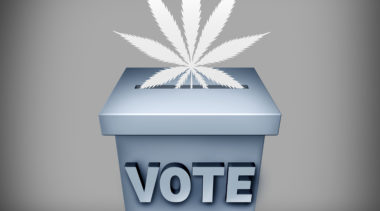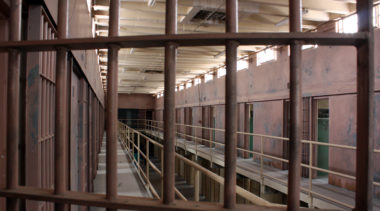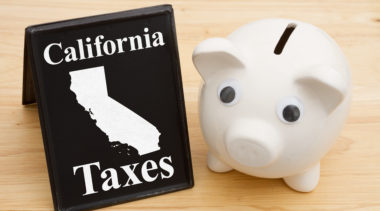-
Austin’s Voters Chose a Bad Time To Approve Costly New Rail Lines
The voter-approved Proposition A permanently increases the city’s property tax rate to fund a $7.1 billion mass transit system.
-
COVID-19 Has Further Exposed the Need for Government to Digitize
Expanded digital services are necessary during the pandemic and the long-term.
-
Voters Across the Country Decriminalize Drugs, Reject Failed War on Drugs
These shifts away from the failed War on Drugs to an evidence-based harm reduction approach are important and positive steps.
-
Why Metro Denver Should Consider the E-470 Toll Road Lease Proposal
A private company says it would pay off the toll road’s $1.9 billion debt, spend nearly $2 billion on improvements to the highway, and lower toll rates for E-470’s most frequent users.
-
Big Tech and Social Media Companies Don’t Need More Government Regulation or Meddling
If the DOJ and FCC force social media companies to regulate more speech or take legal responsibility for third parties on their platforms, there will be more censorship of all sides, not less.
-
Washington, D.C.’s Initiative 81 Represents Progress Towards Ending the War on Drugs
The ballot initiative demands the use, possession, and cultivation of small amounts of entheogenic plants like magic mushrooms be downgraded to law enforcement's lowest priority.
-
California Shouldn’t Reverse Course on Criminal Justice Reforms
Proposition 20 would undo significant criminal justice system reforms passed by the state's voters in recent years.
-
CalPERS Takes Risks, Looks to Private Equity to Mitigate Underfunding
Public pension plans across the nation are shifting to private equity and other risky assets as they seek higher yields.
-
Michigan’s Latest Protectionist Bill May Backfire on Some Automakers and Car Dealers
This piece of legislation is so reckless that it may ultimately lead to the weakening of mandatory indirect auto sales laws, which would be great news for consumers.
-
Subprime Green Bonds Could Cause Headaches for Homeowners, Investors and Local Governments
Green energy loans, used by homeowners to finance things like solar panels and roof replacements, are reminiscent of the subprime mortgages that led to the Great Recession.
-
School Finance Systems Need to Fairly Accommodate Enrollment Trends, Not Ignore Them
Enrollment patterns play a big role in determining both school district operations and state education funding.
-
California’s Economic Recovery Efforts Could Be Hurt By More Tax Increases
Proposals to implement a wealth tax and increase the state's top marginal tax rate seem especially ill-advised right now.
-
As Gov. Newsom Urges Vigilance, California Should Adjust Coronavirus Shutdown Rules
Another strict lockdown would be too much for many businesses to bear, causing more to close permanently and destroying thousands of jobs in the process.
-
An Attack on Pedestrian Safety Campaign and How We Talk About Transportation Policies
A well-meaning pedestrian safety effort generates ire.
-
Public Pension Plans Need Leaders To Face Reality
It's time to address public pension debt through substantive change.
-
New Michigan Law Will Automatically Expunge Some Criminal Records
But the law does not automatically expunge the huge backlog of marijuana-related crimes that are no longer illegal in the state.
-
The Commercialization and Decommissioning of the International Space Station
The days of NASA developing products and programs without commercial partnerships are over.
-
Governments Fail to Meet Deadlines For Audited Financial Statements
Governments that issue debt securities and receive federal funds owe it to taxpayers to account for their finances in a timely manner.

















